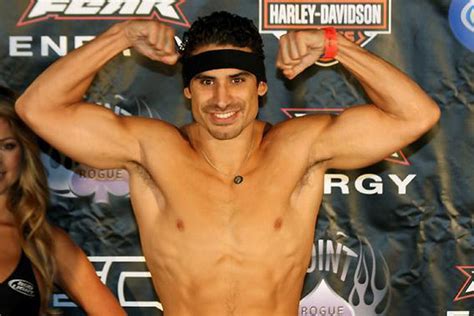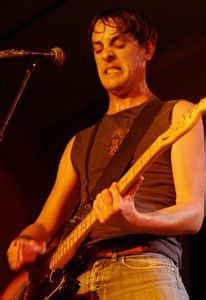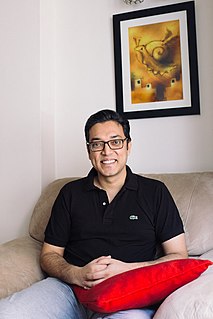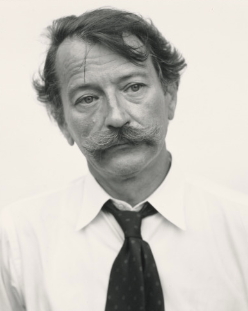A Quote by Garry Winogrand
I really try to divorce myself from any thought of possible use of this stuff. That's part of the discipline. My only purpose while I'm working is to try to make interesting photographs, and what to do with them is another act - an alter consideration. Certainly while I'm working, I want them to be as useless as possible.
Related Quotes
I try to think as little as possible, at least while working. I look at some of my early stories and can see the machination behind them, like a gear slowly moving. For example, sticking a dead father into the story to explain a character's sadness and bad decisions, or trying to impress myself with my own cleverness.
I feel like karma is something that's real. I try and be the best possible person I can be, but not only that I try to help as many people as possible and influence others in a positive manner. And that's all stuff brought on by MMA because I want to be successful so want to be the best possible person.
If you try to impose a rigid discipline while teaching a child or a chimp you are working against the boundless curiosity and need for relaxed play that make learning possible in the first place... learning cannot be controlled; it is out of control by design. Learning emerges spontaneously, it proceeds in an individualistic and unpredictable way, and it achieves its goal in its own good time. Once triggered, learning will not stop--unless it is hijacked by conditioning.
I find myself acting for an editor more, because there's a quick turnaround with television, so you want to try and seem like you're as frenetic as possible, while replicating your movement so you're giving the editor more opportunity to cut within the different takes. If you're so crazy that you're sitting in one take and standing in another, the editor can only choose one take or the other. But if you can wrangle yourself into the same spot over and over, then you give them more choices for you.
I've never really viewed myself as particularly talented. I've viewed myself as slightly above average in talent. And where I excel is ridiculous, sickening, work ethic. You know, while the other guy's sleeping? I'm working. While the other guy's eatin'? I'm working. While the other guy's making love, I mean, I'm making love, too. But I'm working really hard at it.
In the end, there is no ideal condition for creativity. What works for one person is useless for another. The only criterion is this: Make it easy on yourself. Find a working environment where the prospect of wrestling with your muse doesn't scare you, doesn't shut you down. It should make you want to be there, and once you find it, stick with it. To get the creative habit, you need a working environment that's habit-forming. All preferred working states, no matter how eccentric, have one thing in common: When you enter into them, they compel you to get started.




































